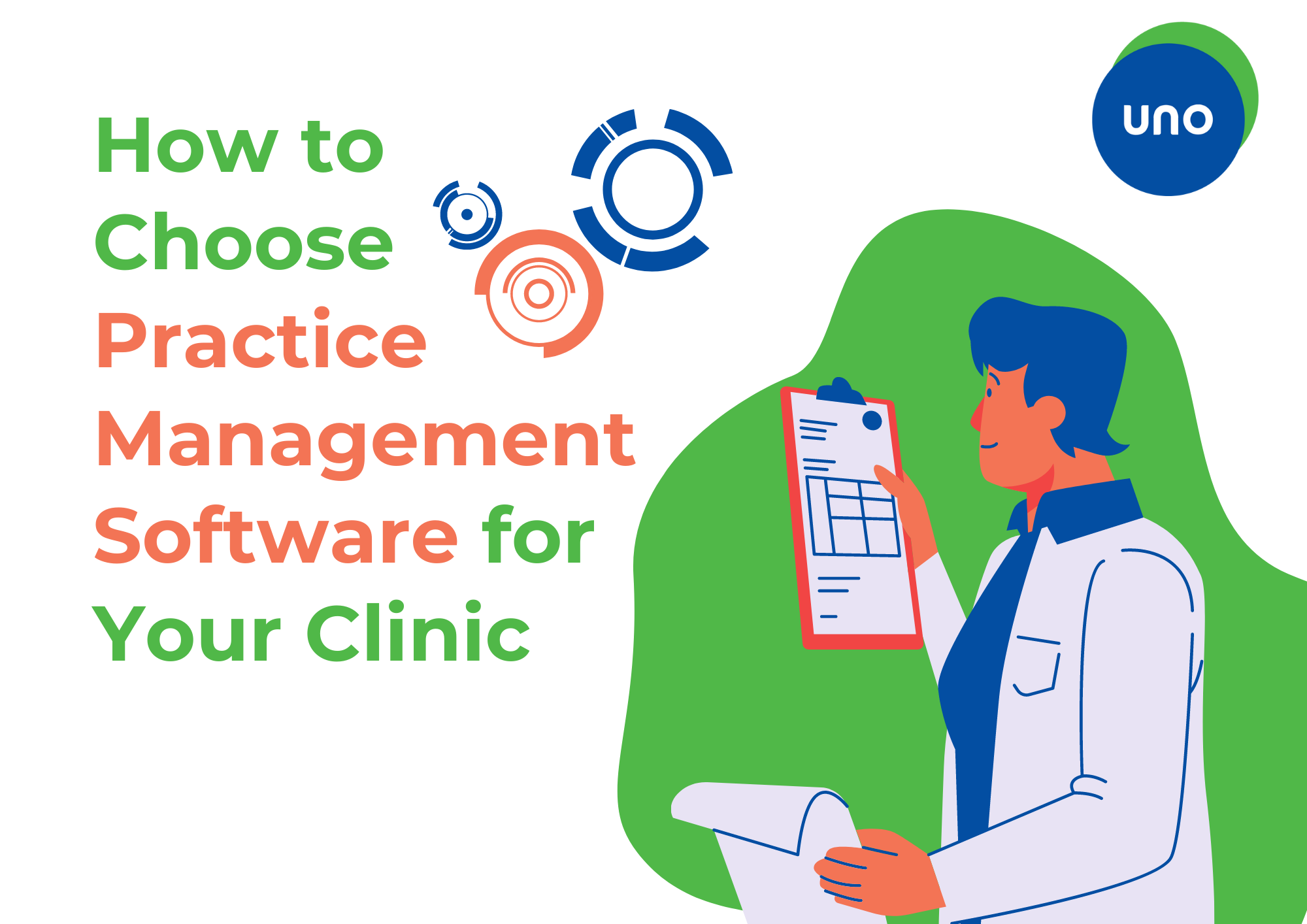The Patient Experience: Improving Experience through Clinical Management Tools

In the current fast-paced healthcare environment, guaranteeing a positive patient experience is paramount for healthcare providers endeavoring to deliver high-quality care. The relationship among patients and healthcare systems is intricate, and small inefficiencies can lead to annoyance for both patients and staff. This is the point at which practice management software comes into play, revolutionizing how healthcare facilities oversee their operations and improving the overall patient experience.
By streamlining administrative tasks and optimizing workflows, practice management software tackles numerous challenges faced by healthcare practices. From arranging appointments to managing billing and patient information, these tools ease processes, allowing healthcare providers to focus more on patient care. As a consequence, patients enjoy a smoother journey from the moment they book an appointment to their follow-up visits, ultimately promoting greater satisfaction and improved health outcomes.
Grasping Practice Management Tools
Clinical administrative software is designed to simplify and boost the operational facets of medical delivery. It helps manage a range of activities, including scheduling meetings, billing, plus client records. By automating these processes, healthcare providers can minimize human errors, save time, and focus more on client care rather than administrative tasks. This software acts as a centralized system that combines multiple capabilities into a single interface, allowing more efficient processes inside medical settings.
One of the key benefits of clinical administrative software is its capacity to boost patient interaction. Many solutions feature capabilities such as automatic reminders for meetings, follow-up alerts, and simple access to health records for patients. This improved interaction can lead to increased client satisfaction as individuals sense more informed and involved in their healthcare journey. By maintaining patients connected and updated, providers can build better connections that ultimately enhance outcomes.
Additionally, clinical administrative tools contribute to better data management and reporting functions. These systems gather and process client data effectively, allowing medical providers to generate reports on various metrics, like client demographics, appointment rates, and financial results. This data-driven approach not just assists in decision-making processes but also helps practices in spotting fields for enhancement, ensuring they can deliver the highest quality possible care while optimizing operational effectiveness.
Important Aspects That Improve Patient Experience
One of the most significant features of practice management software is its ability to streamline appointment scheduling. Patients can quickly book, reschedule, or cancel appointments online through a intuitive interface. This minimizes wait times and removes the frustration associated with prolonged phone calls. Furthermore, automated reminders sent through SMS help ensure that patients keep track of their appointments, ultimately lowering no-show rates and enhancing overall satisfaction.

Another important feature is the organization of patient records. Practice management software enables healthcare providers to manage systematic, correct, and easy-to-reach patient information. With medicloudmed , staff can easily retrieve patient histories, medications, and previous diagnoses, which enables informed decision-making during visits. This efficient access to information significantly enhances the patient experience by building trust and facilitating personalized care.
Billing and insurance processing is also made easier with practice management tools. Patients appreciate straightforward and open billing processes, which help them understand their financial responsibilities upfront. Automated billing systems can provide patients with an summary of costs, insurance coverage, and any out-of-pocket expenses. This transparency reduces confusion and anxiety around healthcare costs, making certain that patients feel assisted throughout their healthcare journey.
Deploying Software for Efficient Operations
The effective implementation of office management solutions is vital for enhancing the overall healthcare experience. A methodical approach commences with reviewing the specific needs of the organization, including procedure processes and patient interactions. Involving staff in dialogues about their routine challenges facilitates for a choice of software features that align with their needs, promising easier transitions. Opting for a simple-to-use platform not only facilitates more rapid adoption but also substantially diminishes the learning curve for all team members.
Once the software is chosen, a thorough plan for implementation should be established. This includes organizing training meetings that include all aspects of the system and how it works with pre-existing processes. Ongoing feedback cycles during this period are crucial as they help spot potential issues in advance. Encouraging open discourse allows team members to voice concerns and recommend enhancements, fostering a cooperative environment that fosters a sense of ownership and involvement.
After deployment, regular evaluation of the system’s effectiveness is required. Establishing benchmarks for achievement, such as patient wait times, schedule booking efficiency, and billing accuracy, aids in measuring performance in relation to set goals. Additionally, periodic training updates and updates on upcoming features can maintain staff interest and enhance their skills. A well-implemented clinic management solution not only simplifies workflows but also leads to a positive patient journey, ultimately boosting the quality of care offered.
